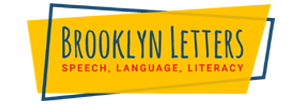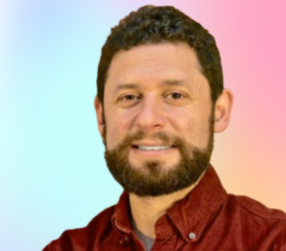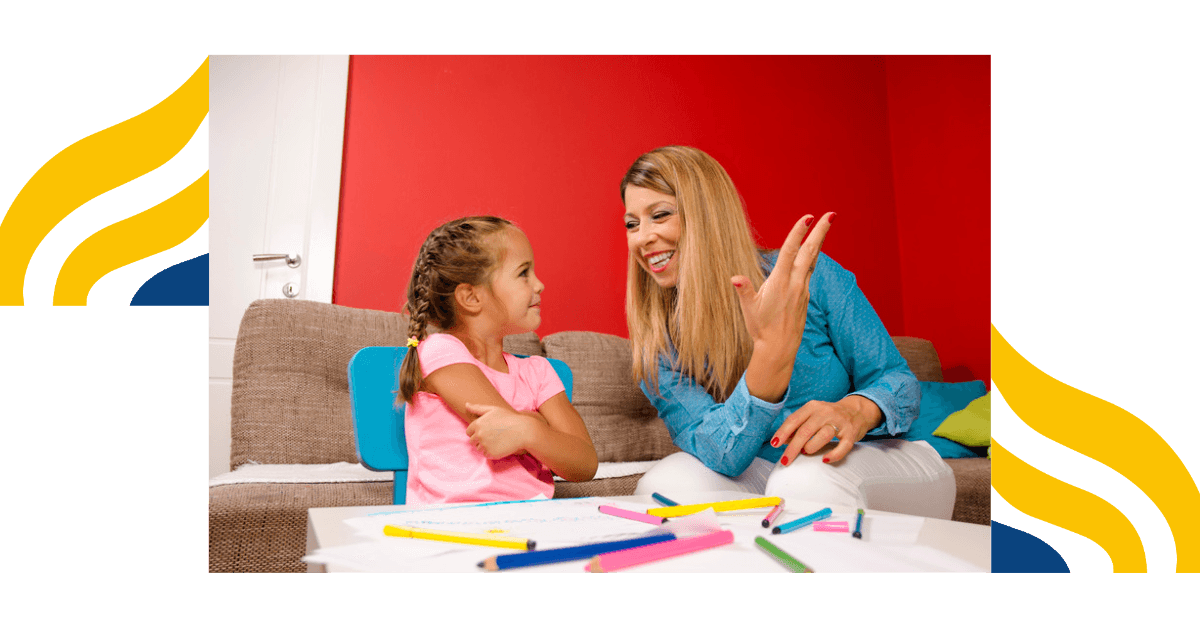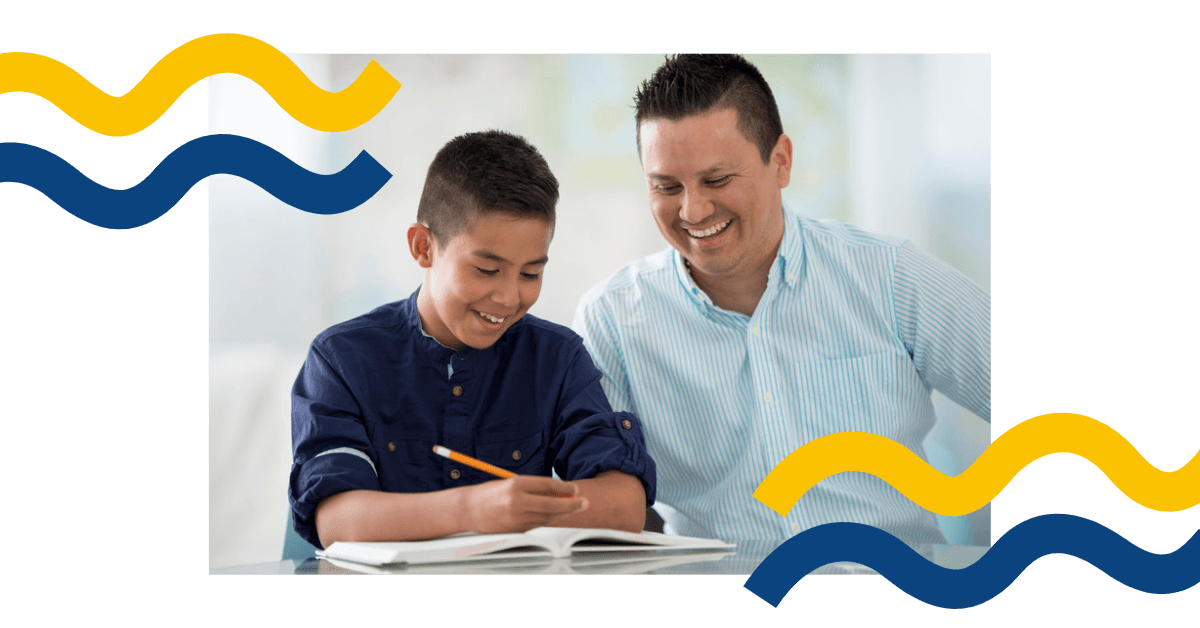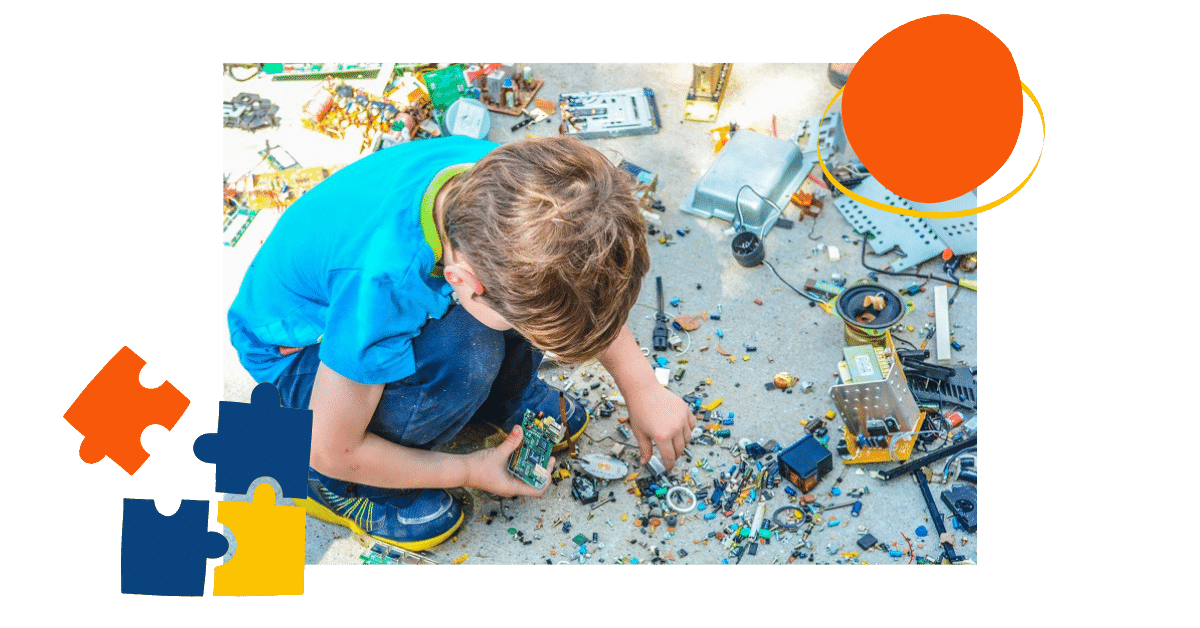DEVELOPMENTAL LANGUAGE DISORDER THERAPY

As Featured In:
Our Speech Therapists Travel To Your NYC Metro Area Home! Expert Private Pay In-Person Developmental Language Disorder Therapy for Babies, Toddlers, School-Aged Students, and Adults | Free Consultations and Meet & Greets with Our Staff .
Our Speech Therapists Travel To Your NYC Metro Area Home! Expert Private Pay In-Person Developmental Language Disorder Therapy for Babies, Toddlers, School-Aged Students, and Adults | Free Consultations and Meet & Greets with Our Staff .
FOR SPEECH LANGUAGE THERAPY SERVICES OUTSIDE OF BROOKLYN
We travel to:
BROOKLYN NEIGHBORHOODS
Our Speech-Language Pathologists and Therapists
We travel to you and we also offer remote services. Some of our speech-language pathologists are trained in the Orton Gillingham approach. Many of our speech-language pathologists are trained in literacy and offer support with decoding, spelling and reading fluency services. Our speech-language pathologists and therapists work with babies, toddlers, school-age students, and adults with expertise in:
Our Speech-Language Pathologists and Therapists
We travel to you and we also offer remote services. Some of our speech-language pathologists are trained in the Orton Gillingham approach. Many of our speech-language pathologists are trained in literacy and offer support with decoding,
spelling and reading fluency services. Our speech-language pathologists and therapists work with babies, toddlers, school-age students, and adults with expertise in:
- Pronunciation/Enunciation
- Articulation
- Expressive Language Disorder
- Writing & Speaking Therapy
- Comprehension- Listening & Reading
- Listening Comprehension
- Auditory Processing
- Vocabulary
- Teens – Language Therapy
- Stuttering
- Feeding
- Oral Motor
- Voice
- AAC
- Adult Speech Therapy
- Public Speaking
- Accent Reduction Modification Speech Therapy
MEET OUR BROOKLYN SPEECH LANGUAGE THERAPISTS AND PATHOLOGISTS WHO TRAVEL TO YOUR HOME

Michelle
M.S., CCC-SLP, TSSLD, SPEECH LANGUAGE PATHOLOGIST
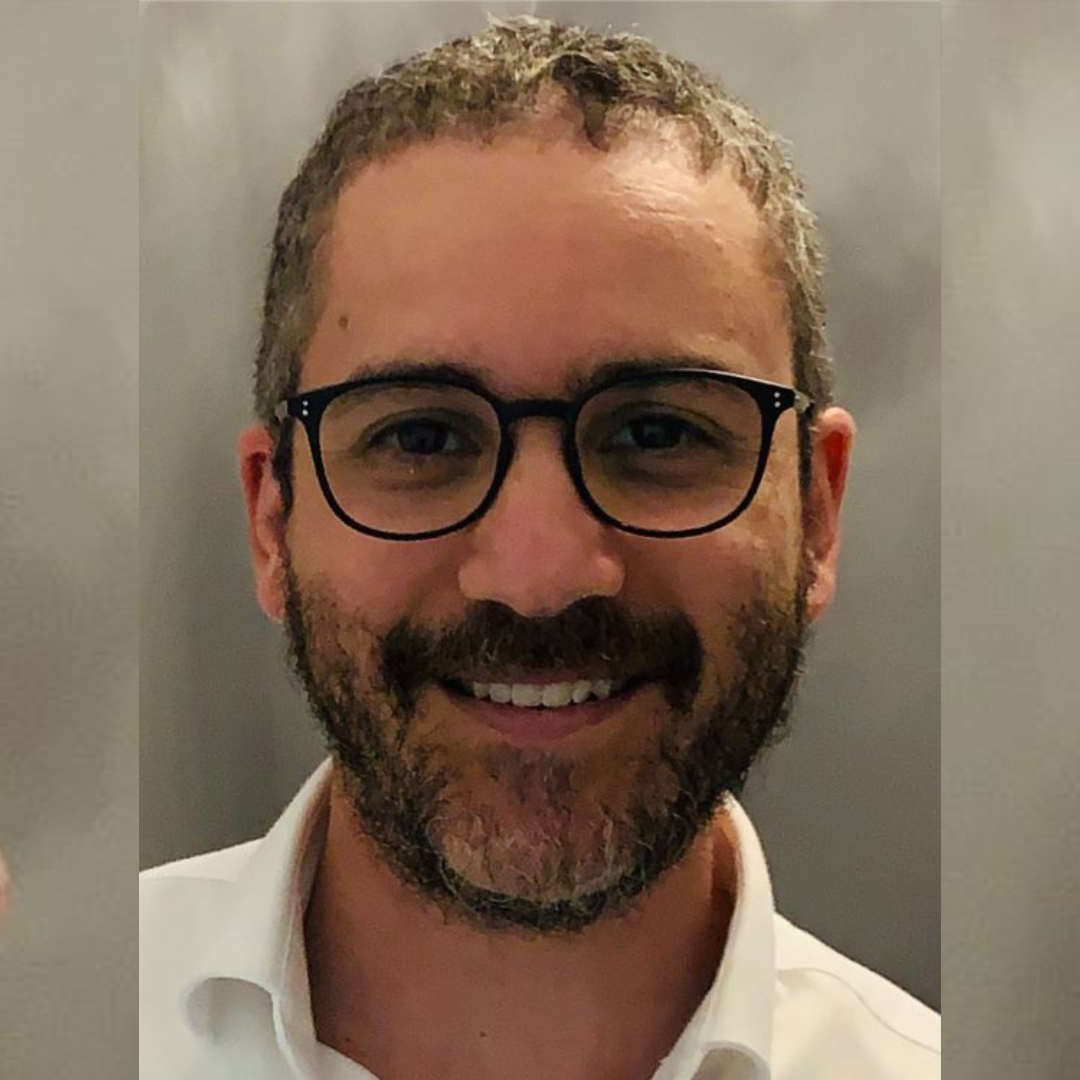
Sholom
MA, CCC-SLP, TSSLD, SPEECH LANGUAGE PATHOLOGIST
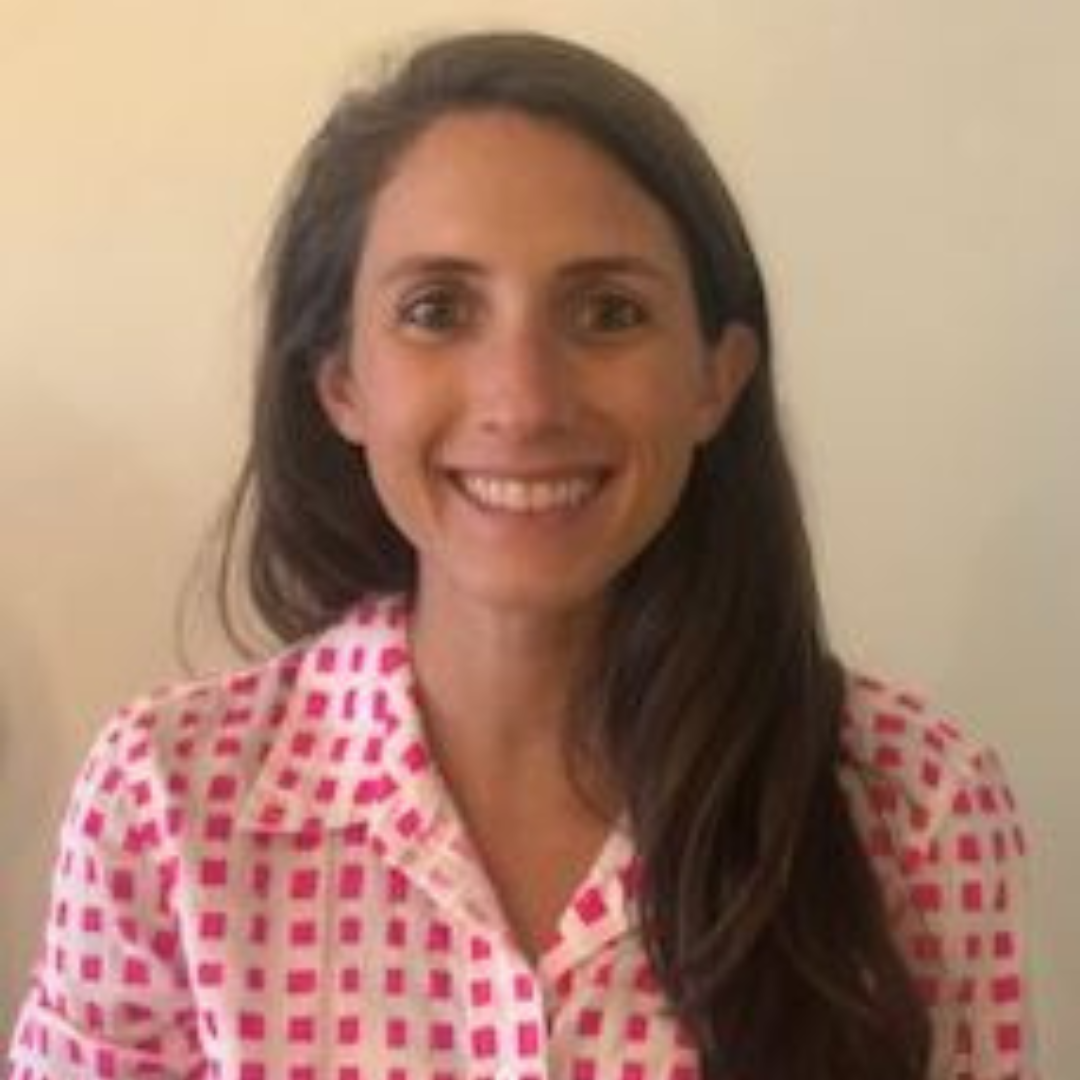
Caroline K.
Masters degree in Speech Language Pathology and Certified Orofacial Myologist
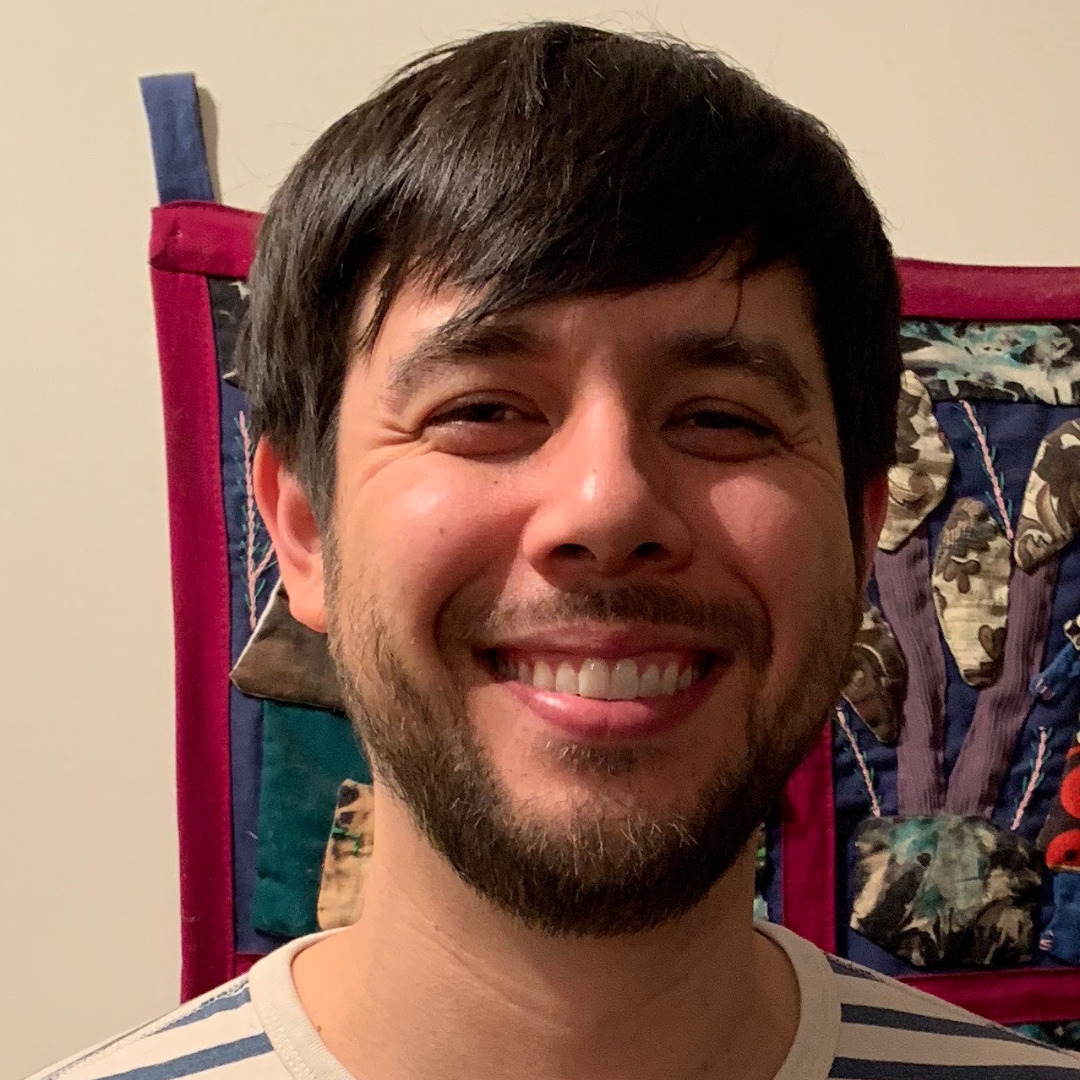
Theo W.
M.S. CCC-SLP, Speech Language Pathologist
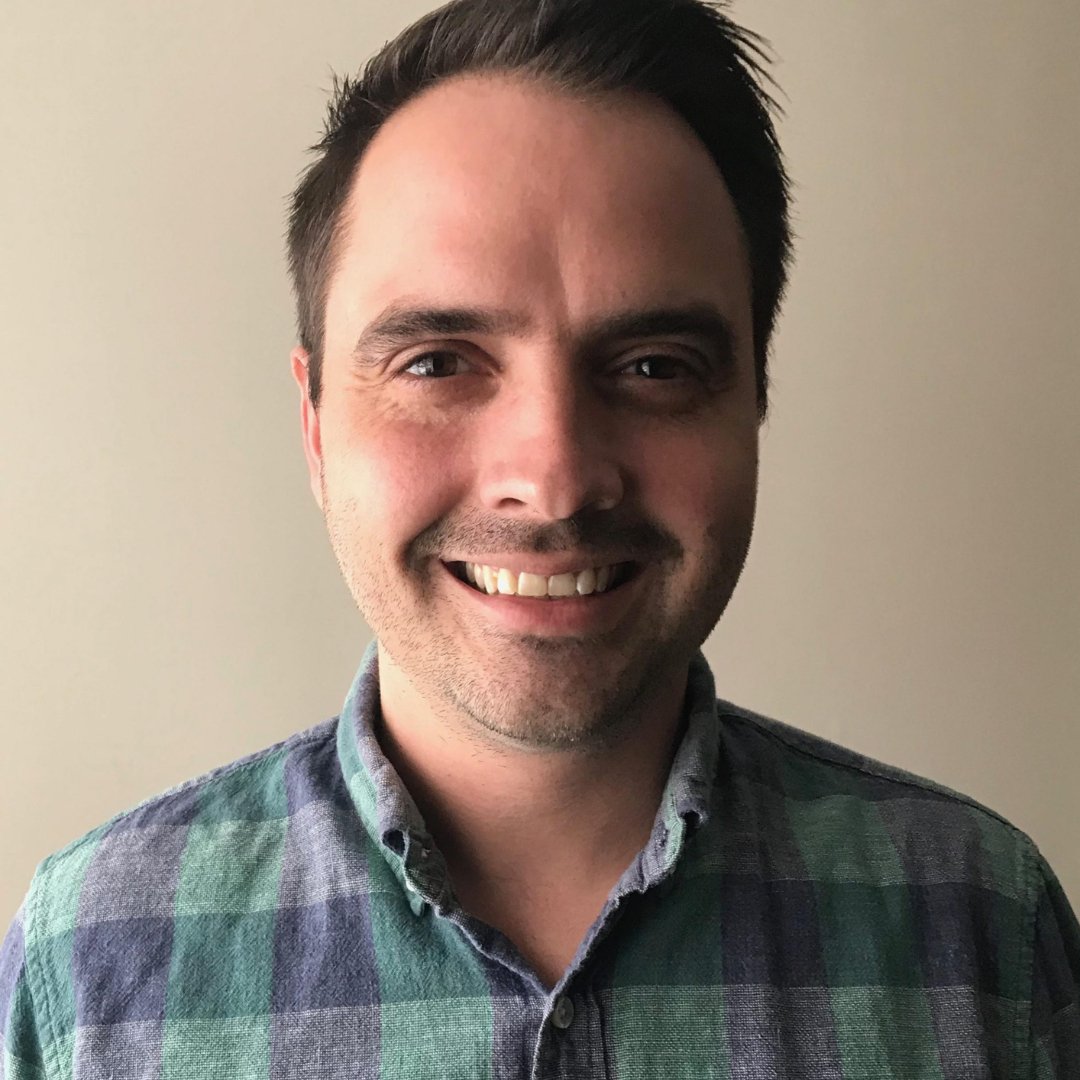
Ben I.
M.S., CCC- SLP, TSSLD, SPEECH LANGUAGE PATHOLOGIST
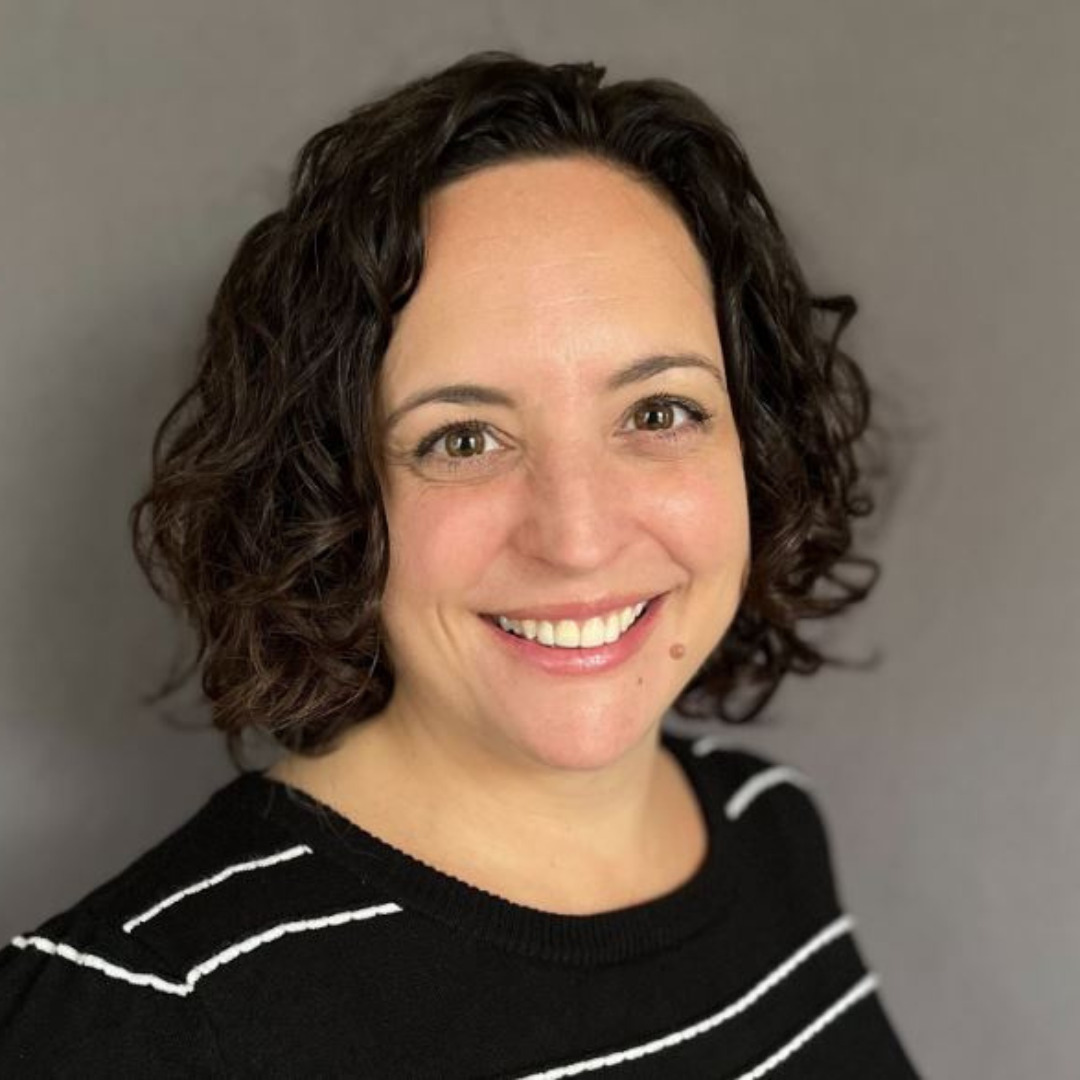
Emily
SPEECH LANGUAGE PATHOLOGIST
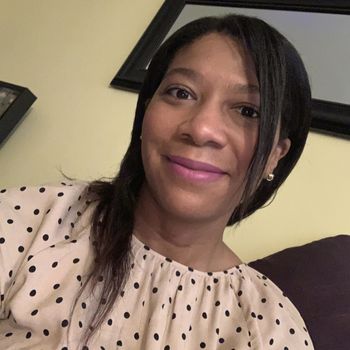
Luciana
M.A., Bilingual Speech Language Pathologist
FREE CONSULTATION!!!
Call: (347) 394-3485,
Text: (917) 426-8880
Email: [email protected]
(we respond to email right away!)
